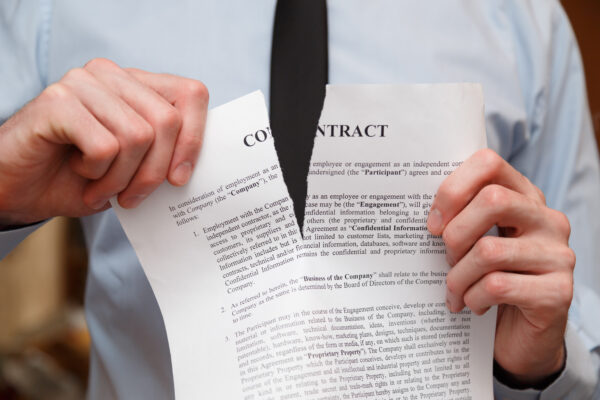
It could be the coolest new neighborhood on the planet—or a peek into the Orwellian metropolis that knows everything you did last nightBy Nancy Scola | POLITICO
 ven with a chilly mid-May breeze blowing off Lake Ontario, this city’s western waterfront approaches idyllic. The lake laps up against the boardwalk, people sit in colorful Adirondack chairs and footfalls of pedestrians compete with the cry of gulls. But walk east, and the scene quickly changes. Cut off from gleaming downtown Toronto by the Gardiner Expressway, the city trails off into a dusty landscape of rock-strewn parking lots and heaps of construction materials. Toronto’s eastern waterfront is bleak enough that Guillermo del Toro’s gothic film The Shape of Water used it as a plausible stand-in for Baltimore circa 1962. Says Adam Vaughan, a former journalist who represents this district in Canada’s Parliament, “It’s this weird industrial land that’s just been sitting there—acres and acres of it. And no one’s really known what to do with it.”
ven with a chilly mid-May breeze blowing off Lake Ontario, this city’s western waterfront approaches idyllic. The lake laps up against the boardwalk, people sit in colorful Adirondack chairs and footfalls of pedestrians compete with the cry of gulls. But walk east, and the scene quickly changes. Cut off from gleaming downtown Toronto by the Gardiner Expressway, the city trails off into a dusty landscape of rock-strewn parking lots and heaps of construction materials. Toronto’s eastern waterfront is bleak enough that Guillermo del Toro’s gothic film The Shape of Water used it as a plausible stand-in for Baltimore circa 1962. Says Adam Vaughan, a former journalist who represents this district in Canada’s Parliament, “It’s this weird industrial land that’s just been sitting there—acres and acres of it. And no one’s really known what to do with it.”
That was before Google.
This past October, a coalition of the Toronto, Ontario and Canadian governments contracted with Sidewalk Labs, a sister company of Google, to come up with a $50 million design for a dozen acres on the waterfront’s far eastern end. The idea is to reimagine Toronto’s derelict waterfront as “the world’s first neighborhood built from the internet up,” as Sidewalk describes it. The neighborhood, called Quayside, would leapfrog the usual slow walk of gentrification to build an entire zone, all at once, as a “smart city,” a sensor-enabled, highly wired metropolis that can run itself.
Toronto’s choice of the Google-affiliated firm immediately captured the attention of urban planners and city officials all over the world; magazine stories trumpeted “Google’s Guinea-Pig City” and “A Smarter Smart City.” Still in its early days, the partnership has left people curious but wary. Google? What does a tech company know about running a real live city?
In one sense, what’s perhaps surprising is that it has taken this long. Silicon Valley’s innovators have long had side obsessions with making the world a better place, driven largely by the confidence that their own brainpower and a near-total disregard for tradition can break old logjams. PayPal co-founder Peter Thiel helped seed the “seasteading” movement to create offshore libertarian paradises; the tech incubator YCombinator is currently running a public-policy experiment in Oakland, California, giving residents a guaranteed monthly stipend to see how it might improve their quality of life.











